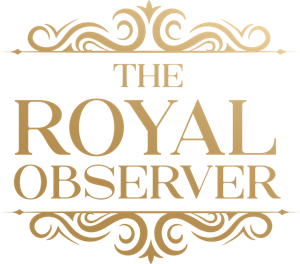Queen Camilla's Sudden Withdrawal From Remembrance Sunday Service Sparks Concern Across Nation

Queen Camilla came down with a chest infection in November 2024.
Queen Camilla’s recent withdrawal from all Remembrance events due to a chest infection has drawn attention, marking a rare absence in a critical moment of British commemoration.
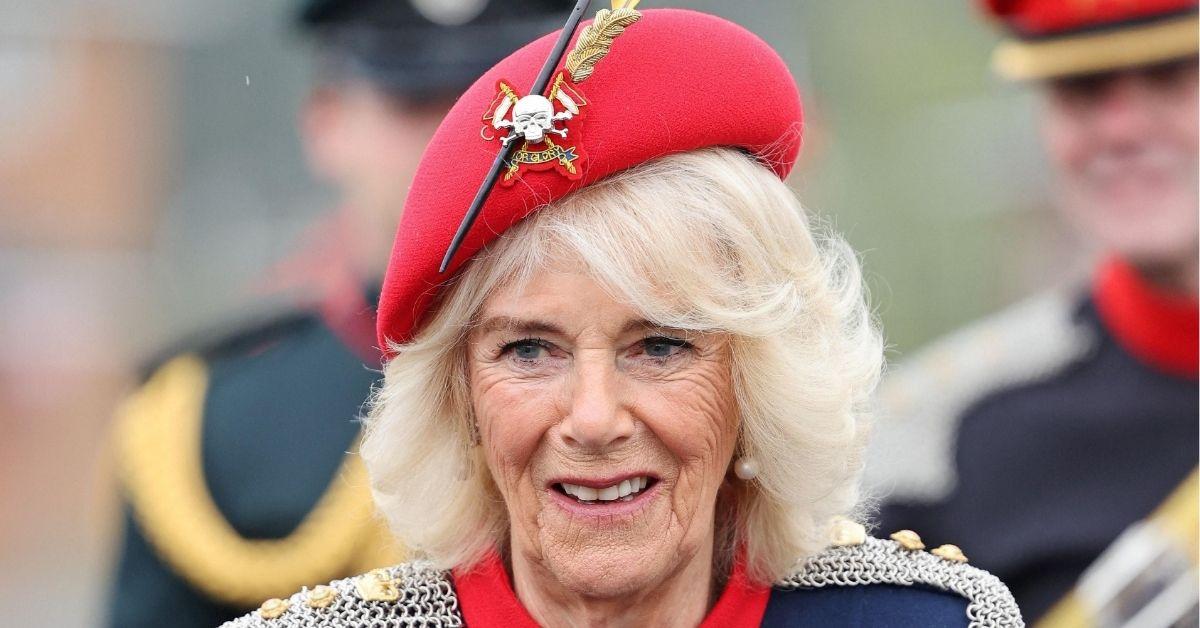
Queen Camilla is recovering from an infection.
Buckingham Palace confirmed that Camilla is "following doctors' guidance to ensure a full recovery," opting out of the Royal British Legion’s Festival of Remembrance at the Royal Albert Hall and the Remembrance Sunday service at the Cenotaph in London.
According to the Palace, she will "observe the event privately" while recuperating at home.
The Remembrance ceremonies are deeply rooted in British culture, paying tribute to the fallen of both World Wars and subsequent conflicts. Senior royals, particularly the Queen consort, play an essential role in leading these public commemorations, which hold profound symbolic and historical significance.
On Tuesday, November 5, the palace shared, "Her Majesty The Queen is currently unwell with a chest infection, for which her doctors have advised a short period of rest. With great regret, Her Majesty has therefore had to withdraw from her engagements for this week, but she very much hopes to be recovered in time to attend this weekend’s Remembrance events as normal," it continued at the time. "She apologizes to all those who may be inconvenienced or disappointed as a result."
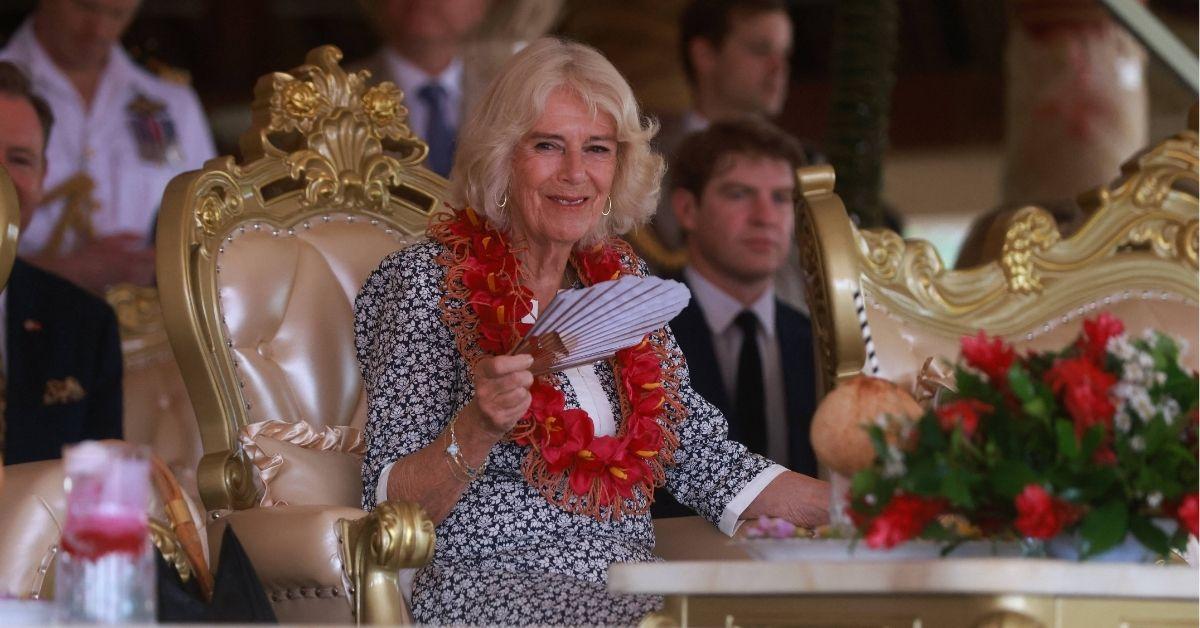
Queen Camilla in Samoa, October 2024.
Camilla’s absence brings attention to the pressures on aging royals to maintain a demanding public schedule. She and King Charles recently returned from a high-profile tour of Australia and Samoa, where they engaged in several diplomatic and public events, highlighting Britain’s ongoing ties with Commonwealth countries.
The trip, though significant, may have taken a toll on her health, given the extensive travel and engagements.
Media outlets have reported on Her Majesty's illness with empathy, recognizing her commitment to public duty despite personal health challenges.
Her role carries substantial responsibilities, and her participation in remembrance events holds symbolic weight, as she supports her husband’s efforts to honor Britain’s military history. Nevertheless, her absence underscores the fine line the monarchy must walk in balancing tradition with the personal well-being of its members.
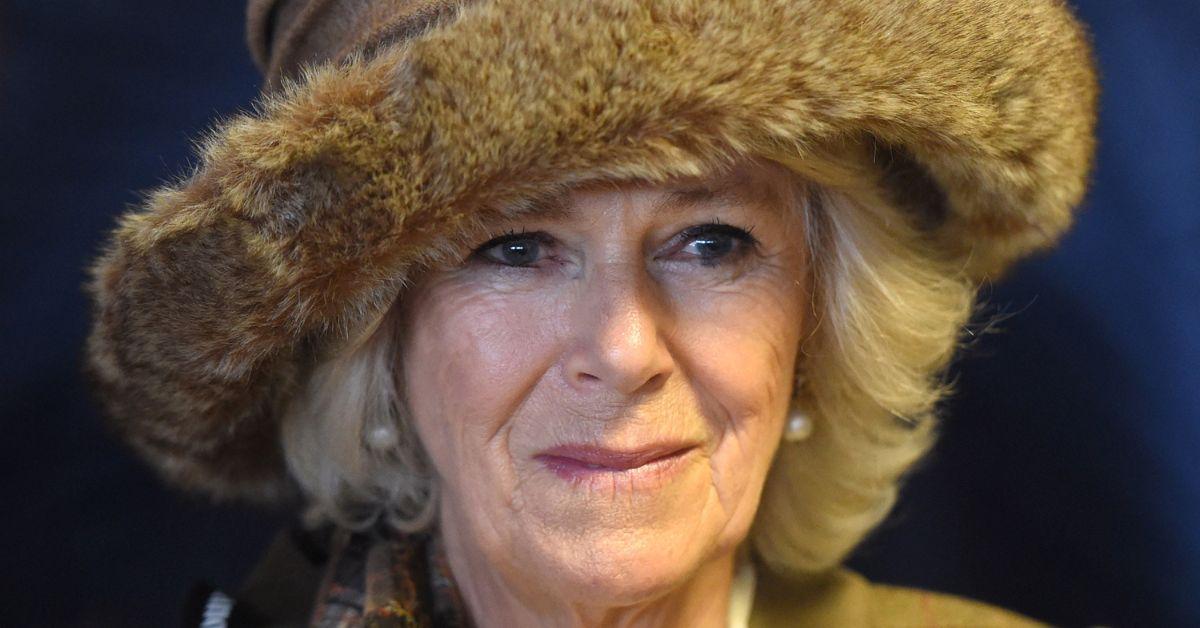
Her Majesty Queen Camilla became the Queen Consort to King Charles III the moment Queen Elizabeth II died.
Princess Kate’s presence at the Remembrance events holds particular significance as she steps back into her role after a period of relative seclusion.
The palace’s confirmation that both she and other senior royals, including the Duke and Duchess of Gloucester and the Duke of Kent, will be present underscores the royal family’s collective commitment to honoring service members.
The health challenges facing senior royals, especially the King and Queen, highlight the demands of royal responsibilities and the critical role that public appearances play in their lives. Camilla and Kate’s contrasting health journeys this year further exemplify their dedication and resilience in upholding the symbolic importance of Remembrance Day.
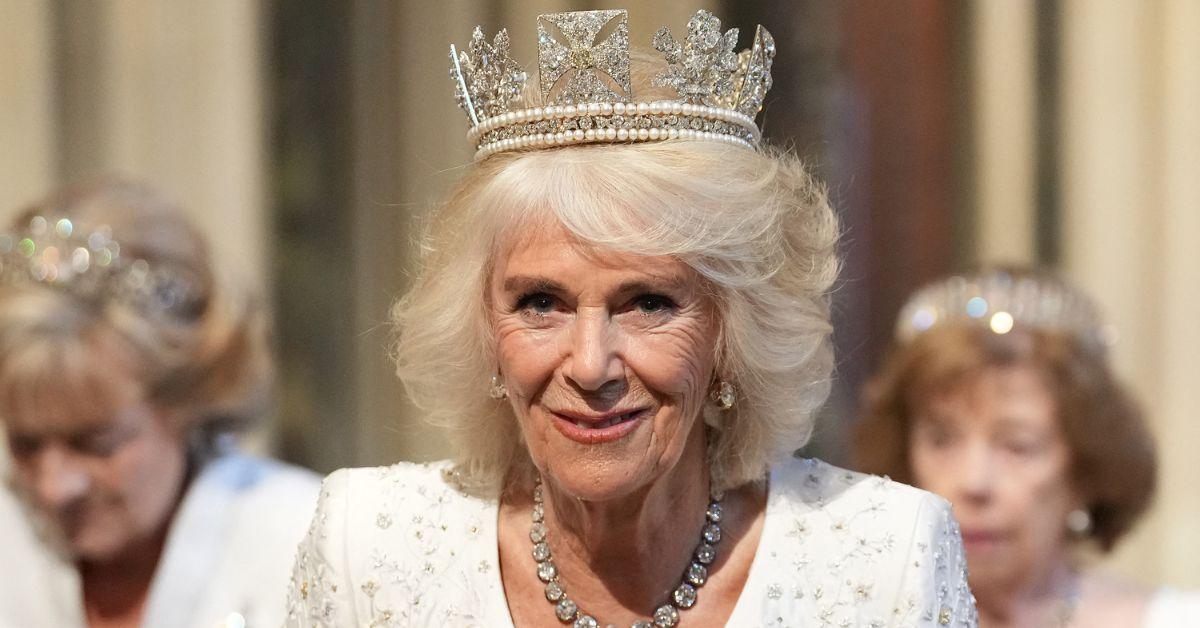
Queen Camilla wearing the George IV State Diadem to the State Opening of Parliament, November 7, 2023.
Powered by RedCircle
People reported on Camilla's illness.
